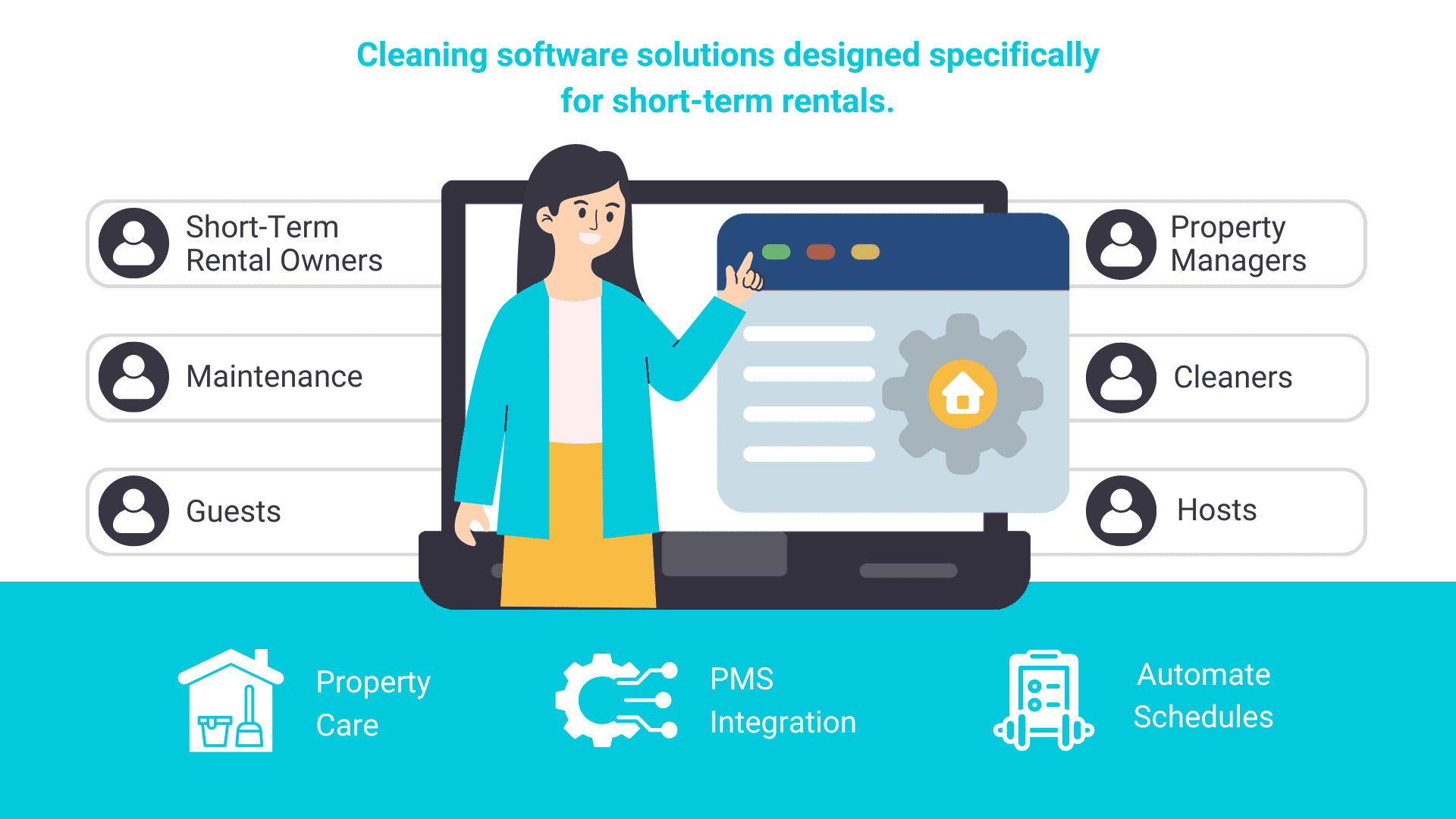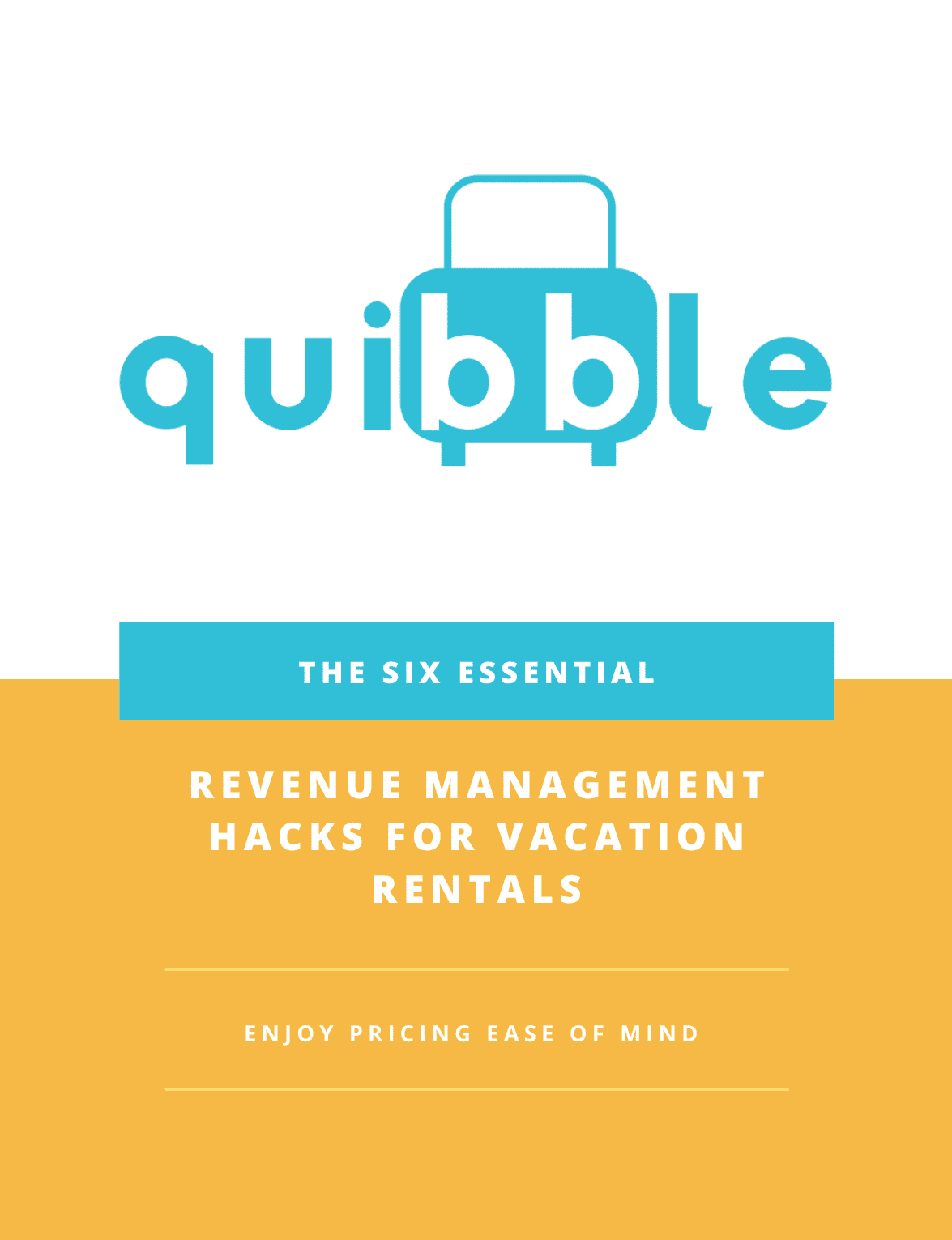Who are your competitors?
This question seems simple enough. Competitors are companies that you are competing with to win customers. For most businesses, a search of the web would help you find the majority of your competitors. For short-term rental (STR) managers, identifying competitors can be slightly trickier depending on the property’s geographic location, proximity to others, property amenities, and listings content. STR managers care about their competitors because the competitors’ decisions will impact the STR manager’s revenue. Being well informed about who their actual competitors are and what they are up to gives them a significant advantage in the marketplace.
Location
Some metropolitan markets are so big that even a small geographic region will have thousands of properties. Similarly, there are properties in more remote areas where the nearest property could be miles away. There is not a logical rule that would adequately define competitive properties by region alone.
Take San Francisco, for example. According to data collected by Quibble, the ADR (average daily rate) for the past six months was $231.
If this is all the data available, it is a useful metric to assess competitive pricing. But a more granular data set would show the distinct differences in neighborhoods in the city. For example, the Outer Sunset rents 20% lower than the average, while Pacific Heights rents about 20% higher than the average. The differences are substantial from a competitive perspective, and San Francisco is a relatively small landmass, only 7 miles by 7 miles.
Bedrooms, Size, and Amenities
Bedroom count is a very effective way to limit the properties a manager would consider a competitor. Besides college freshman Spring Breakers (due only to their budgetary constraints), most travels have a strong preference to sleep in a bed. Thus, it is quite reasonable for STR managers to limit their competitor set to only those properties with the same number of bedrooms, bed configuration, and bed count.
This strategy becomes less effective as the number of rooms in the unit increases. While searching for a short-term rental property, travelers can limit the search results by bedrooms and often do. But the search results will often contain properties with more bedrooms than requested. These search results will convert the bedroom limit as a minimum option for bedrooms. So, if the manager’s property qualifies for that search, it is displayed with similar properties, and some of those properties have more rooms than the manager’s property. In this scenario, the real competitor set might be more significant than initially thought by the manager, and not all consider the right competitors.
Understanding the impact of amenities is similarly essential. If the manager has a 3-bedroom with an underground pool, it is imperative to know if they should consider the 3-bedroom property down the street with no pool as a competitor. The answer may be that the property is a competitor only in certain Seasons of the year.
Data-Driven Decision
The more variables involved in determining which properties are the real competitors, the more difficult this decision becomes. At Quibble, we use Machine Learning to solve this problem for our clients.
First, we state the problem that we want to solve: does a change in price or amenities of any properties in the dataset impact my property’s demand? Second, we collect vast quantities of data on an extensive set of properties. Third, the algorithm runs constantly evaluating changes. As more data is collected, the impact of changes becomes more evident, and a set of real competitors automatically generates.

Pricing
Ease of Mind
Revenue Management Experts and Pricing Optimization for your Short-Term Vacation Rental are one click away!
Receive more information via email by fill-up the form below.
Join our newsletter
Dominate the short-term rental market with cutting-edge trends











